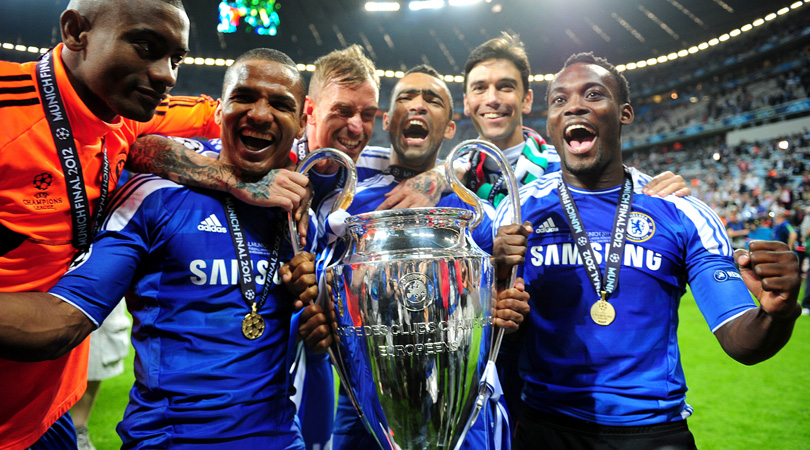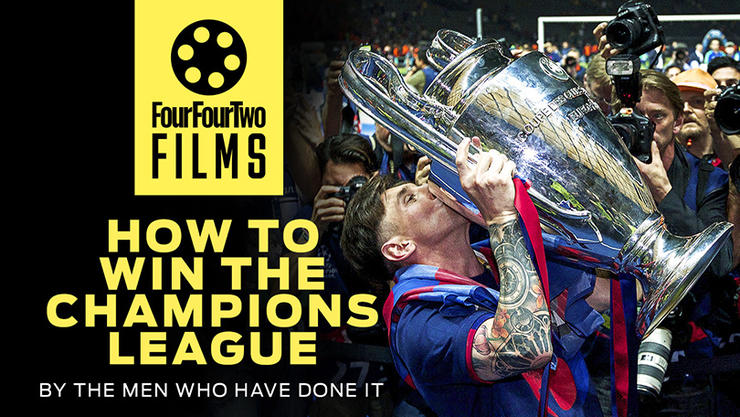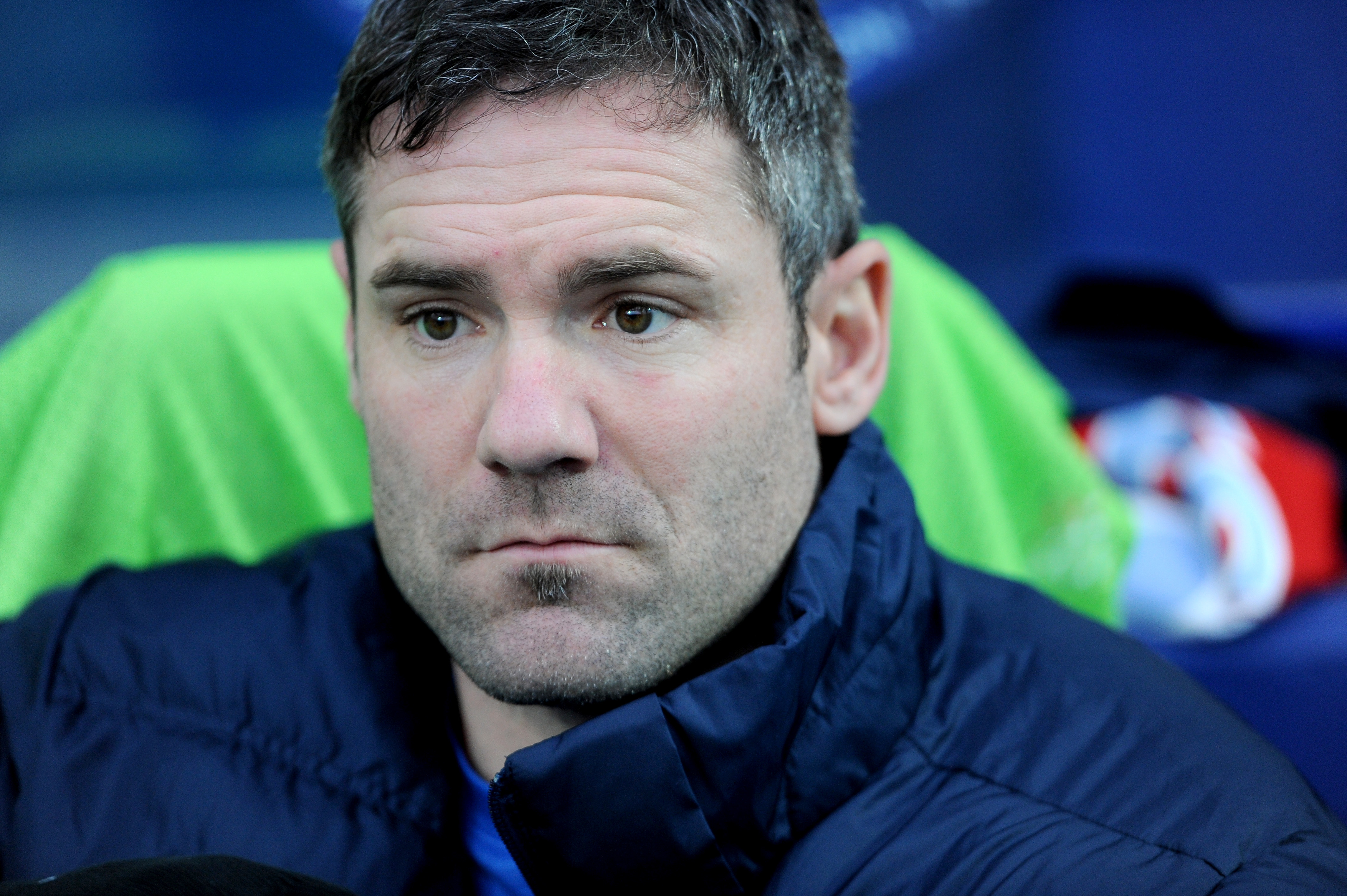Paulo Ferreira: In 2012, I was worried we were getting too old to win Champions League with Chelsea

Chelsea’s relationship with the Champions League was complicated. They had a squad that won it all domestically, had created memorable rivalries with Barcelona and Liverpool in this competition, had made it to at least the semi-finals three years in a row and - most agonisingly – come within one penalty kick of winning the final against Manchester United in 2008.
Yet in 2011/12, Chelsea were struggling. Their Premier League form was poor, manager Andre Villas-Boas had been fired mid-season and replaced by unproven Roberto Di Matteo. Frankly, a great side looked to be on its last legs.
However, as Paulo Ferreira recalls in the new FourFourTwo Films production, How to win the Champions League by the men who have done it, being free of expectation changed things for the club.
I think we already deserved to win this competition, but for one reason or another it didn't happen
“It wasn't the best season, we changed manager as well," Ferreira told FourFourTwo. "Maybe when everyone was not expecting to see Chelsea win, you know [why] we win the competition.
“The previous years we were playing much better. I think we already deserved to win this competition, but for one reason or another it didn't happen.”
Ferreira was on the bench for the final in Munich when Chelsea, underdogs against a strong Bayern side in their own stadium, held on for a 1-1 draw and then won the Champions League on penalties. However, having already won the competition with Porto in 2004, playing the full 90 minutes, his emotions were immediately aimed at his team-mates who’d never experienced it before.
You can watch the film at the bottom of this story
The best features, fun and footballing quizzes, straight to your inbox every week.

“I was really happy… for some players who were already at Chelsea when I came and had waited nine years, fighting to win this competition.
"That was really important to us like Petr Cech, John Terry, [Frank] Lampard, Didier Drogba; players that had been together long and we were almost there. You are starting to get old too, so are wondering whether you are going to get a chance to win it again."
For the then-33-year-old Ferreira, winning Europe’s most prestigious club competition also healed wounds the team had carried with them from the past - particularly the defeat to Manchester United four years previously when Drogba had been shown a late red card.
It should have been Didier taking it in the final in Moscow
“'The last penalty when Didier scored… it should have been him taking it in the final in Moscow [instead of John Terry], but because he was sent off he couldn't take it. This was his penalty and his night. What he did was fantastic, especially in this competition – he scored important goals and did again in the final. He had a good game, we all did.
“We had David Luiz and [Gary] Cahill struggling all game with their knees and they managed to survive the whole game and did really well. I was really really happy that finally we got to win this trophy.”
It’s every player’s dream to win the biggest prize in European club football, but only a select few get to lift Ol’ Big Ears aloft. Why? And, most importantly, how did they do it? FFT has quizzed the likes of Lionel Messi, Javier Zanetti and Xabi Alonso to explain the blueprint for success. Watch it below
Alex Reid is a freelance journalist and the former digital features editor at FourFourTwo. He has also written for the Guardian, talkSPORT, Boxing News and Sport magazine. Like most Londoners, he is a lifelong supporter of Aberdeen FC. He is deceptively bad in the air for a big man. He has never been a cage fighter.
 Join The Club
Join The Club






